There always are tensions bubbling below the surface in Jerusalem. Unfortunately, there are political actors who purposefully stir the pot and instigate violence for religious and political reasons.
The Ramadan tensions in eastern Jerusalem, and especially the violent events of this week, expose a fierce conflict underway over sovereignty in the city.
The situation in Jerusalem can be compared to a boiling cauldron that is partially covered most of the time by a lid, which obscures the bubbling pottage from sight. From time to time, when religious tensions rise, the pottage boils over and startles everyone. Buy anybody familiar with the eastern Jerusalem situation knows that the pot is simmering all the time.
The level of boiling tensions in Jerusalem at any given time is a function of several factors.
First is the religious and political struggle over sovereignty in the city. The recent violent demonstrations at Damascus Gate of the Old City are an expression of this. While Israel controls Jerusalem, some eastern Jerusalem Arabs and Palestinian political factions always are looking to buck that control and demonstrate some degree of ‘independence’ from Israel, even if only in a small area.
In recent years, Israel has invested significant national and municipal resources in advancing the quality of life for eastern Jerusalem Arabs, in health, education welfare, infrastructure, and employment. But still, the core questions of sovereignty, especially over the Temple Mount and ‘Holy Basin’ area, remain acute.
The second factor that leads to tensions is the significant societal changes underway among eastern Jerusalem Arabs. The moderating influences of clan and community belonging are weaking, giving way to more nationalistic movements. The relatively poor economic situation in eastern Jerusalem, which worsened during the corona pandemic, adds to tensions within eastern Jerusalem families too, with divorce on the rise, and community chieftains losing their standing.
A third cause of growing tension is the intervention in eastern Jerusalem affairs of foreign anti-Israel actors, like the Palestinian Authority (PA), Hamas, the Turkish government, radical Islamic movements in Israel, etc. They expressly seek to undermine Israel’s control of the city by keeping the cauldron boiling. They gladly rode the recent wave of violence and sought to inflame the situation further.
Finally, mass media and social media have played an important and dangerous role in driving eastern Jerusalem Arabs into nationalist activity and violence. Many young Arabs were very influenced by the Tik-Tok videos showing ‘successful’ lone-ranger attacks on Jews walking through the Old City.
Despite the above problematic trends, most eastern Jerusalem Arabs still seek greater integration in the broader (Israeli-Jewish) Jerusalem envelope of higher education and gainful employment. For this purpose, they generally are willing to behave moderately. More eastern Jerusalemite Arabs are studying Hebrew because they realize that this is critical for successful employment.
The numbers of eastern Jerusalem Arabs taking advantage of the opportunity to complete Israeli high school matriculation exams and then be eligible for Israeli college study also is gaining steam. The numbers have doubled from seven to 15 percent of all high school kids in the eastern part of the city, within three years. This has a moderating influence, since none of these youths want a criminal record that would end their chances of going to university in Israel.
Israel’s tough policing response to waves of violence in 2014-2017 also have proved beneficial to the general quiet in the city. Israel made many arrests and limited traffic in and out of the most violent neighborhoods and villages, making it clear that violence does not pay.
There are also eastern Jerusalem businessmen and educational leaders who understand the value of cooperative relations with Israeli authorities, especially on the municipal level. Expansion and intensification of these contacts will help ensure calm in the future. At the same time, Israel ought to keep the Temple Mount out of political contention, as much as possible.
In summary, the formula for calm in Jerusalem lies in wise management of the city, including the strengthening of positive social trends, enhancing the quality of life, and engagement with the moderate business and educational leaders in the eastern Jerusalem Arab community. In parallel, the Israel police must be given additional resources to handle emergency security situations, which hopefully will become less frequent.
Published in Hebrew on the N12 website, 08.05.2021
JISS Policy Papers are published through the generosity of the Greg Rosshandler Family.
Photo : IMAGO / Xinhua

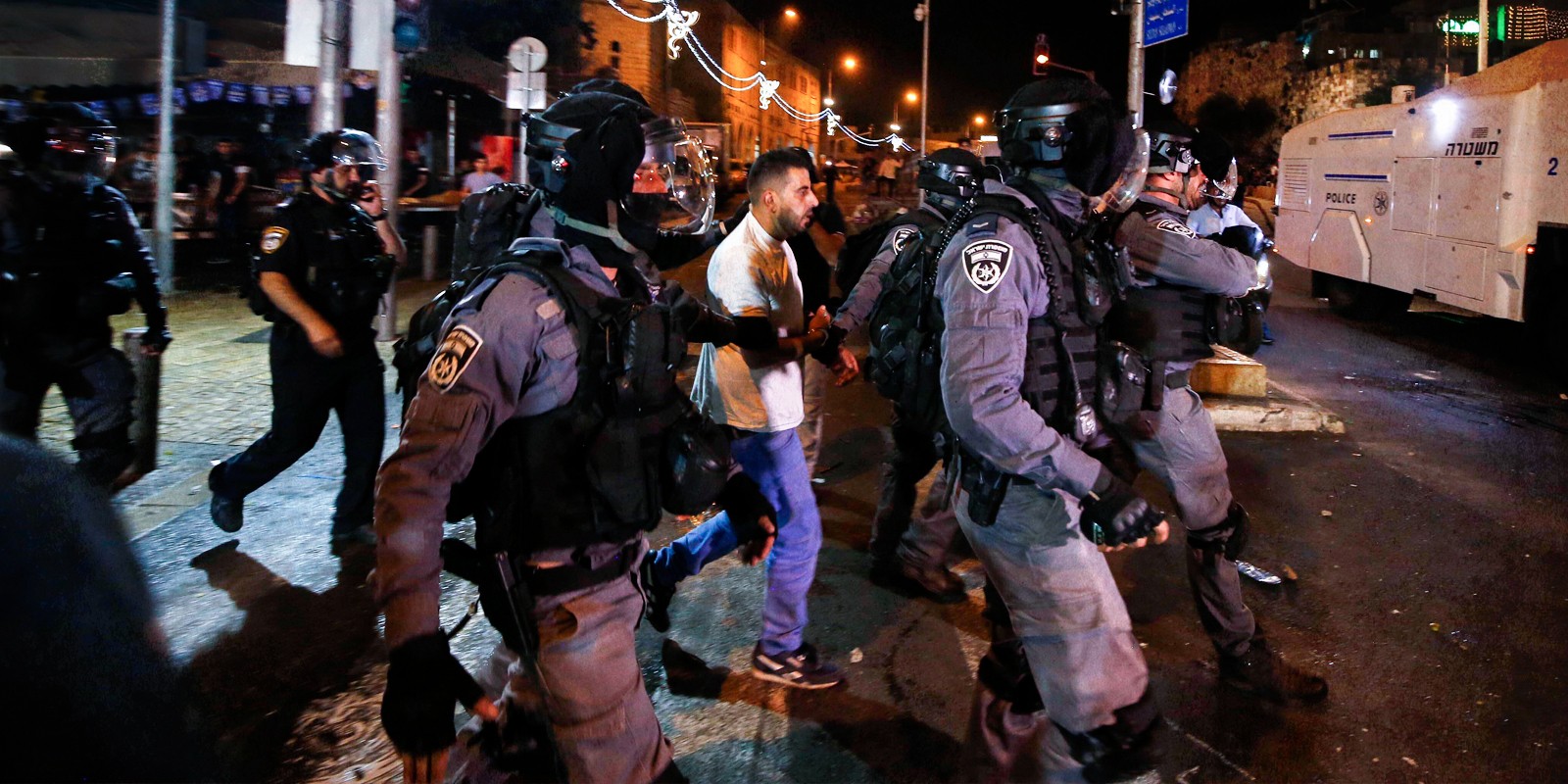
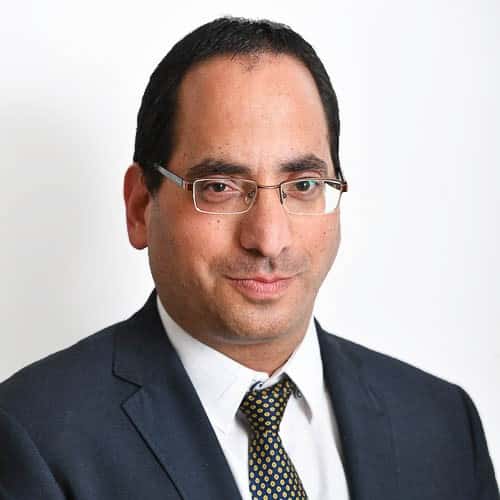
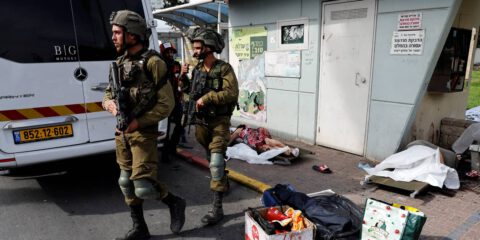

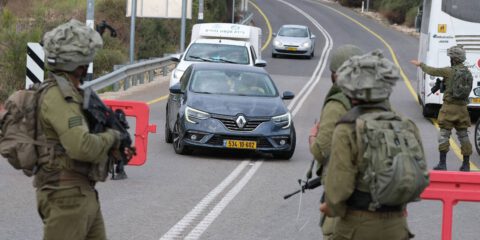

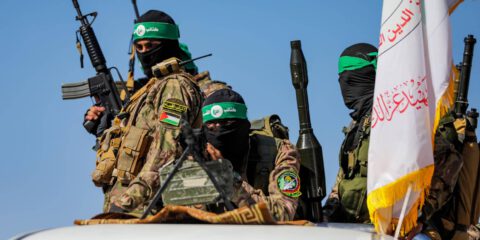

 - בניית אתרים
- בניית אתרים